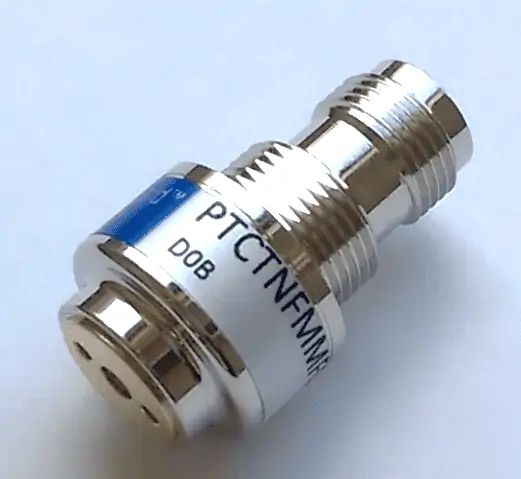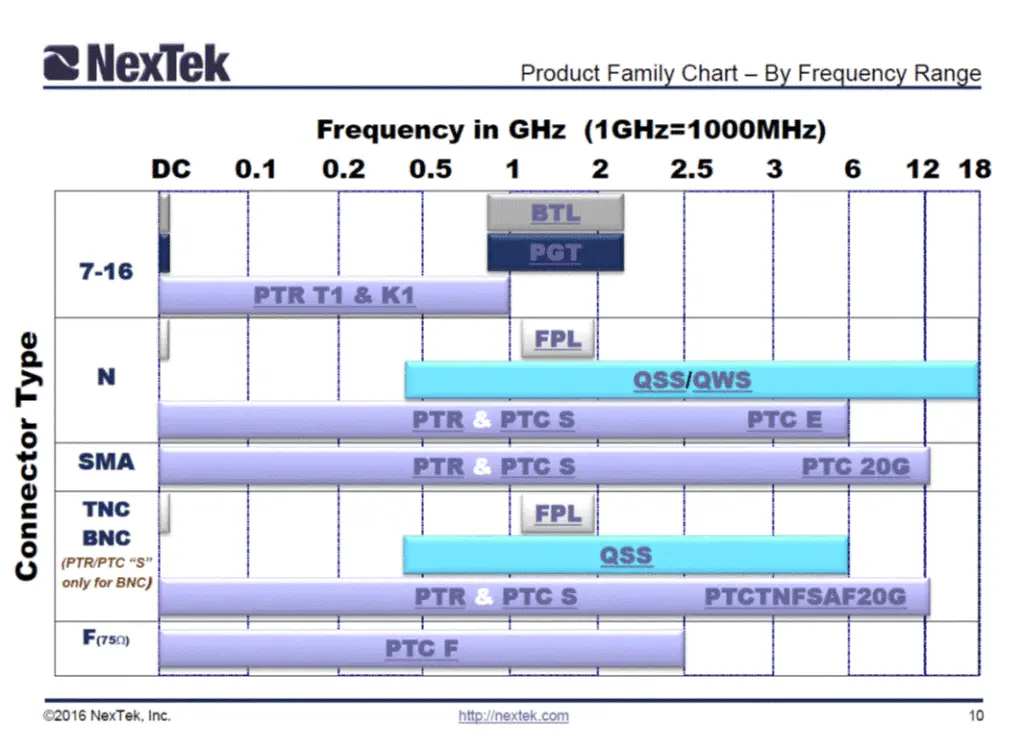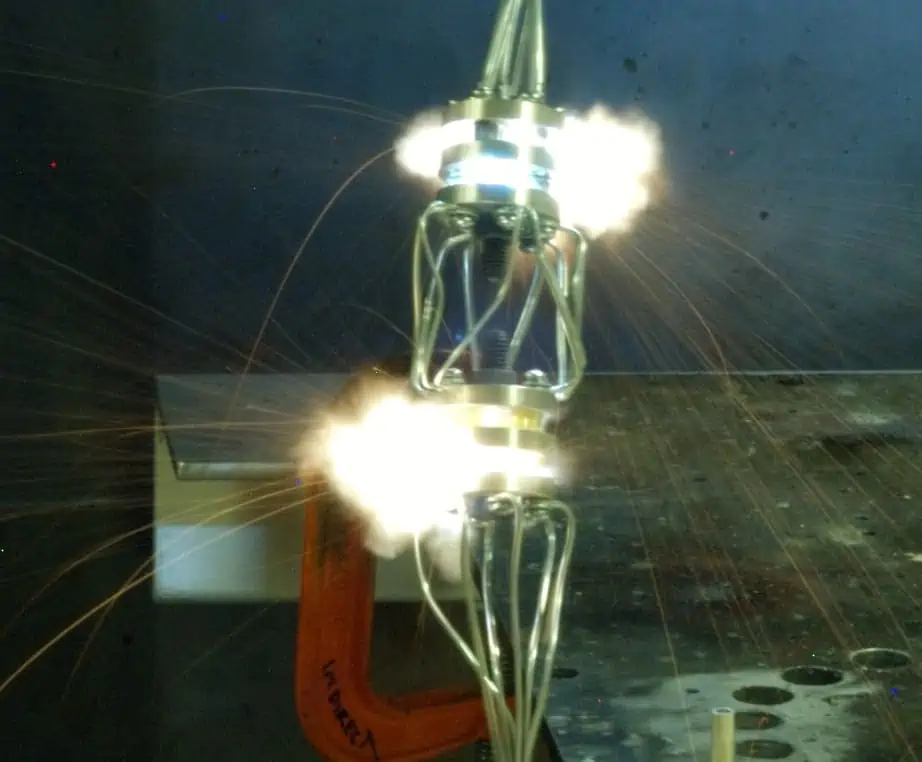Posts Tagged ‘Coaxial’
New Technical Note – Transient Testing GDT-Based Surge Arrestors – Information and Details
Would you like to know more about performing Transient Testing on Gas Discharge Tube based arrestors? More specifically, testing arrestors against the common Lightning-derived industry-standard 1.2×50µs/8×20µs Voltage/Current Waveform using commonly available equipment to 6kV/3kA surge current levels. The 1.2×50µs/8×20µs standard is meant to replicate conditions and energy levels that you can expect during an Indirect Lightning…
Read MoreUsing COTS Arrestors in Defense Applications – Article Spotlight
This week’s featured content is an article written by NexTek’s VP of Engineering, George Kauffman, and published in Defense Electronics magazine. As military and defense programs demand more efficiency and value for the dollar, many Commercial-Off-The-Shelf components and solutions are being used in defense systems and equipment. Not only does the use of COTS parts…
Read MoreExtremely Compact Lightning Arrestor Ideal for Mounting Inside Radio Chassis – New Product Release – PTCTNFMMFxxS
We are excited to announce the release of a brand-new Coaxial Arrestor design, the PTCTNFMMFxxS series of compact GDT arrestors. Just like other examples of NexTek’s compact arrestor options, this unit is perfect for chassis-mount applications where space is at a premium…But at the same time, it provides heavy duty, military grade protection for your equipment and will not…
Read MoreLightning Arrestor Enables GPS Systems to Run Without Downtime! – FPL Series Highlight
Our FPL Series of GPS Lightning Arrestors have been providing security and confidence to users of GPS Positioning and Timing Synchronization Systems around the world for over 10 years! These multi-stage protectors provide the fastest-acting surge protection available for DC Pass GPS and Global Navigation Band applications operating between 1.15 and 1.61 GHz. The special…
Read MoreProtecting Radio Equipment from HEMP/NEMP High Speed Transients – Coaxial Arrestor Threat Type Spotlight
This post is about protecting against high speed HEMP/NEMP pulses, one of the many types of transient threat that NexTek arrestors provide protection against. Although Lightning energy is the primary source of damage to coaxial lines and systems where they are used, there are also other types of Surge Energy that can cause damage to electronics.…
Read MoreNew Selection Tool – One-Page Coaxial Arrestor Selection Guide!
Are you looking for a quick and easy visual aide to assist in selecting the proper coaxial lightning and surge arrestor for your application? Are you wondering which NexTek arrestor families offer a solution with the right combination of RF Pass Band and Connector Type to meet your needs? If so…you are in luck! We have just made…
Read MoreFeatured Link: “The Science Behind Lightning’s Electric Shows”
Today’s post features a short but interesting article on wired.com, which explains the fundamentals behind how lightning is formed and works! Also included in this post are some interesting lightning-related photos which include some unique shots of various lightning bolts and their effects! For example, did you know that the earth itself operates as a massive…
Read MoreProduct Design Spotlight – Arrestors: Surge Ratings
As one of NexTek’s primary product lines, our range of Coaxial Surge Protectors is designed to cover a wide range of potential application requirements with high-performance, military-grade designs that are built using top-notch quality control systems. This post will focus on Surge Ratings and how they relate to coaxial arrestors. Why are Surge Ratings Important?: The…
Read MoreProduct Design Spotlight – Arrestors: RF Performance
As one of NexTek’s primary product lines, our range of Coaxial Surge Protectors is designed to cover a wide range of potential application requirements with high-performance designs that use high-quality construction and materials. One especially important technical aspect of coaxial arrestor design is a given unit’s RF Performance. Why is RF Performance important?: The primary purpose of any surge…
Read More








